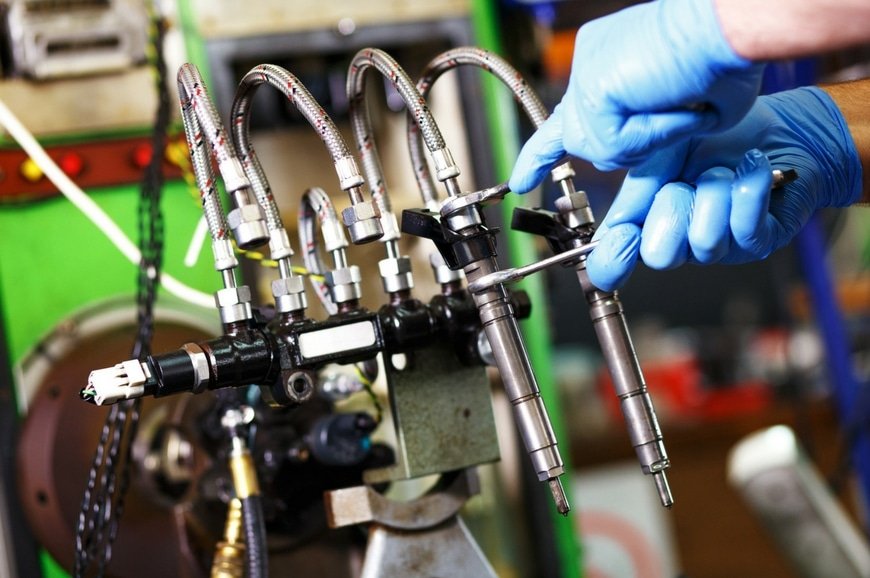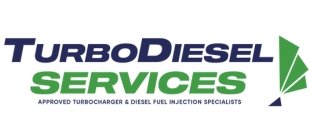When to Clean, Repair, or Replace Fuel Injectors: A Comprehensive Guide

As a vehicle owner, you may have heard about the importance of maintaining your fuel injectors. Fuel injectors play a crucial role in the efficient functioning of your engine, ensuring the optimal combustion of fuel. Over time, however, fuel injectors can become dirty or develop faults, leading to decreased performance and potential engine issues.
Understanding Fuel Injectors
Before we delve into when to clean, repair, or replace fuel injectors, it’s essential to understand their basic functionality. Fuel injectors are responsible for delivering a precise amount of fuel into the engine’s combustion chamber at the right time. This process ensures efficient fuel consumption and reduces harmful emissions.
Signs of Fuel Injector Issues
Recognizing the signs of fuel injector problems is crucial for timely intervention. Here are some common indicators that your fuel injectors may require attention:
- Engine Misfires: If your engine is misfiring, running rough, or experiencing a lack of power, it could be a sign of clogged or malfunctioning fuel injectors.
- Poor Fuel Economy: Decreased fuel efficiency can be a result of fuel injectors that are not delivering fuel properly.
- Idling Issues: If your vehicle has trouble idling smoothly or experiences stalling, it could be due to fuel injectors that are not functioning optimally.
- Increased Emissions: Faulty fuel injectors can contribute to higher levels of harmful emissions, leading to environmental concerns.
When to Clean Fuel Injectors
Cleaning fuel injectors is a common maintenance procedure that can help restore their efficiency. Here are some situations where cleaning may be the appropriate course of action:
- Regular Maintenance: Including fuel injector cleaning as part of your routine vehicle maintenance can prevent the buildup of deposits and keep your injectors running smoothly.
- Minor Performance Issues: If you notice a slight decrease in performance or fuel economy, cleaning the fuel injectors may resolve the issue.
- Diagnosis of Clogged Injectors: If a professional diagnoses your fuel injectors as clogged but not damaged, cleaning them can often restore their functionality.
It’s important to note that there are various methods for cleaning fuel injectors, including using fuel additives or specialized cleaning equipment. Consult with a qualified mechanic or follow the manufacturer’s recommendations for the best cleaning approach.
When to Repair Fuel Injectors
In some cases, cleaning may not be sufficient, and your fuel injectors may require repair. Here are some scenarios where repair may be necessary:
- Severe Clogging or Blockages: If the fuel injectors are heavily clogged or have blockages that cannot be resolved through cleaning, repair may be the next step.
- Internal Component Damage: If the internal components of the fuel injectors are damaged or worn out, repair by a professional technician may be necessary.
- Leakage or Fuel Delivery Issues: Fuel injectors that are leaking or not delivering fuel properly may require repair to ensure optimal engine performance.
Repairing fuel injectors typically involves disassembling, inspecting, and replacing damaged components. It’s crucial to have this task performed by a qualified mechanic to ensure proper repair and reassembly.
When to Replace Fuel Injectors
In some cases, fuel injector replacement may be the most appropriate solution. Here are situations where replacement is often necessary:
- Severe Damage: If the fuel injectors are severely damaged or corroded, replacement may be the only viable option.
- Age and Mileage: Fuel injectors have a lifespan, and as your vehicle ages or accumulates high mileage, replacement may be necessary for optimal performance.
- Repeated Failures: If your fuel injectors have been repaired multiple times and continue to malfunction, replacement may be the more cost-effective long-term solution.
When replacing fuel injectors, it’s important to choose high-quality, OEM (Original Equipment Manufacturer) or reputable aftermarket injectors. Additionally, professional installation by a qualified technician is essential to ensure correct fitment and proper functioning.
Conclusion
Regular maintenance and timely intervention are key to keeping your fuel injectors in optimal condition. Cleaning, repairing, or replacing fuel injectors should be based on the severity of the issue and the professional assessment of a qualified mechanic. By addressing fuel injector problems promptly, you can maintain engine performance, fuel efficiency, and prolong the lifespan of your vehicle.
